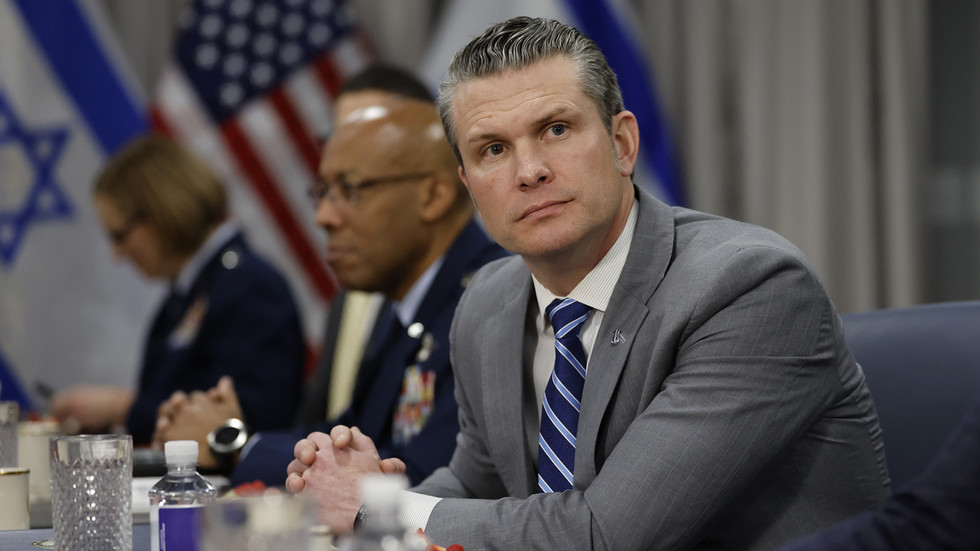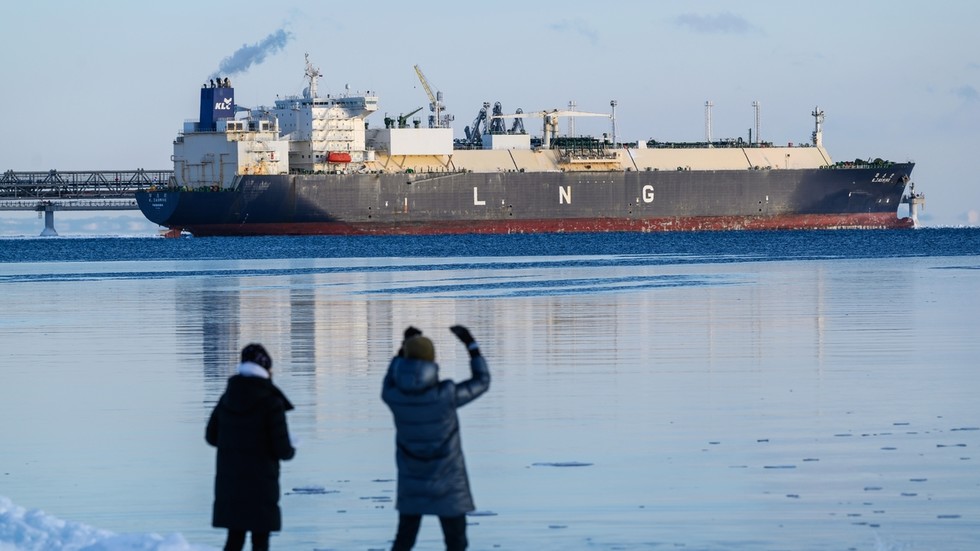Putin's recent appointment of civilian Andrei Belousov as Russia's new defence minister suggests a change in approach to the war, nearly two-and-a-half years in, and at a critical time for Ukraine's under-resourced army.
Vladimir Putin kicked off the beginning of his fifth term at the helm of the Russian Federation with a renewed Russian offensive in northern Ukraine and a reshuffle of his inner circle, including the defence ministry, where Soviet-educated economist Andrei Belousov has been installed at the top.
Belousov graduated with honours from Lomonosov Moscow State University, holds a doctorate and comes from an academic background - but has no military experience or history in the Russian security services.
"Putin needs a minister of defence who monitors efficient use of defence budget. Putin is commander in chief himself. He also has head of general staff Valery Gerasimov, so he doesn't need too many generals,” Sergei Guriev, a Russian professor of economics at Sciences Po in Paris, told Euronews.
With Russia's military spending close to Cold War levels at 6.7% of GDP, a profile that can make better use of this budget is exactly what the Kremlin was seeking, analysts say.
“Putin cares about economic efficiency, because he understands he doesn't have unlimited resources anymore,” Guriev added.
Military activities and strategies will remain under Gerasimov's purview, so the decision to appoint Belousov effectively distances the ministry from the battlefield and responds to the need for a shift in approach to the war in Ukraine.
“Today on the battlefield, the winner is the one who is more open to innovation,” Kremlin spokesman Dmitry Peskov told reporters. “Therefore, it is natural that at the current stage, the president decided that the Russian Ministry of Defence should be headed by a civilian.”
Peskov added however that Belousov is not just any civilian, having advised Putin on economic issues and headed the Ministry of Economic Development of Russia.
“If Belousov can ensure that money is spent more efficiently, then the pressure on Ukraine is likely to grow, and the threat to the rest of Europe will also increase,” Ian Bond, deputy director at the Centre for European Reform (CER), a think tank, told Euronews.
The new defence minister will also have two other functions, according to CER's Russia and EU foreign policy researcher.
First, Belousov's ministry will act as a link between the increasingly militarised manufacturing sector and the armed forces - hence references to the importance of innovation, something Russia has struggled with. Secondly, his appointment marks a punctuation point amid a swirl of corruption charges affecting Russia's defence sphere.
Belousov's appointment came weeks after Timur Ivanov, a Russian deputy defence minister in charge of military construction projects, was jailed pending investigation and trial on bribery charges.
"I have known Belousov for 25 years and I can confirm we've never seen any indication, any suspicion of Belousov being corrupt,” said Guriev, who was rector of Moscow's New Economic School (NES) until he resigned and fled to France in 2013, fearing he would lose his freedom on trumped-up charges.
For Ukrainian presidential adviser Mykhailo Podolyak, Russia's pick of an economist as its new defence minister illustrates how far Moscow is willing to go to transform its economy to support its war needs, he told Reuters on Monday.
Ukraine is entering a critical phase of the war as it faces a renewed Russian offensive in the northeastern region of Kharkiv, the country's second largest city, and an advance by Russian forces in the eastern Donbass region.
The Russian push is designed to exploit ammunition shortages before promised Western supplies can reach the front line, according to analysts, as reported.
For the Russian economist, Belousov's ability to build an effective team around him will also help determine the future course of the war.
“If he doesn't, it's unlikely that he will be able to rein in corruption, but if he does, that's bad news for Ukraine and the West,” Guriev concluded.

 8 months ago
22
8 months ago
22









